Taking care of a pet changes your daily life in ways that feel real, not theoretical. You balance school, sleep, and social plans with feeding, play, and cleanup. You learn to read body language, follow local rules, and keep records for vaccines or licenses. Budgets matter because food, grooming, and emergencies cost money. Most of all, caring builds patience and empathy. Here are ten lessons many American teens discover while keeping a furry, feathered, or scaly friend healthy and happy.
1. Real Responsibility, Every Single Day
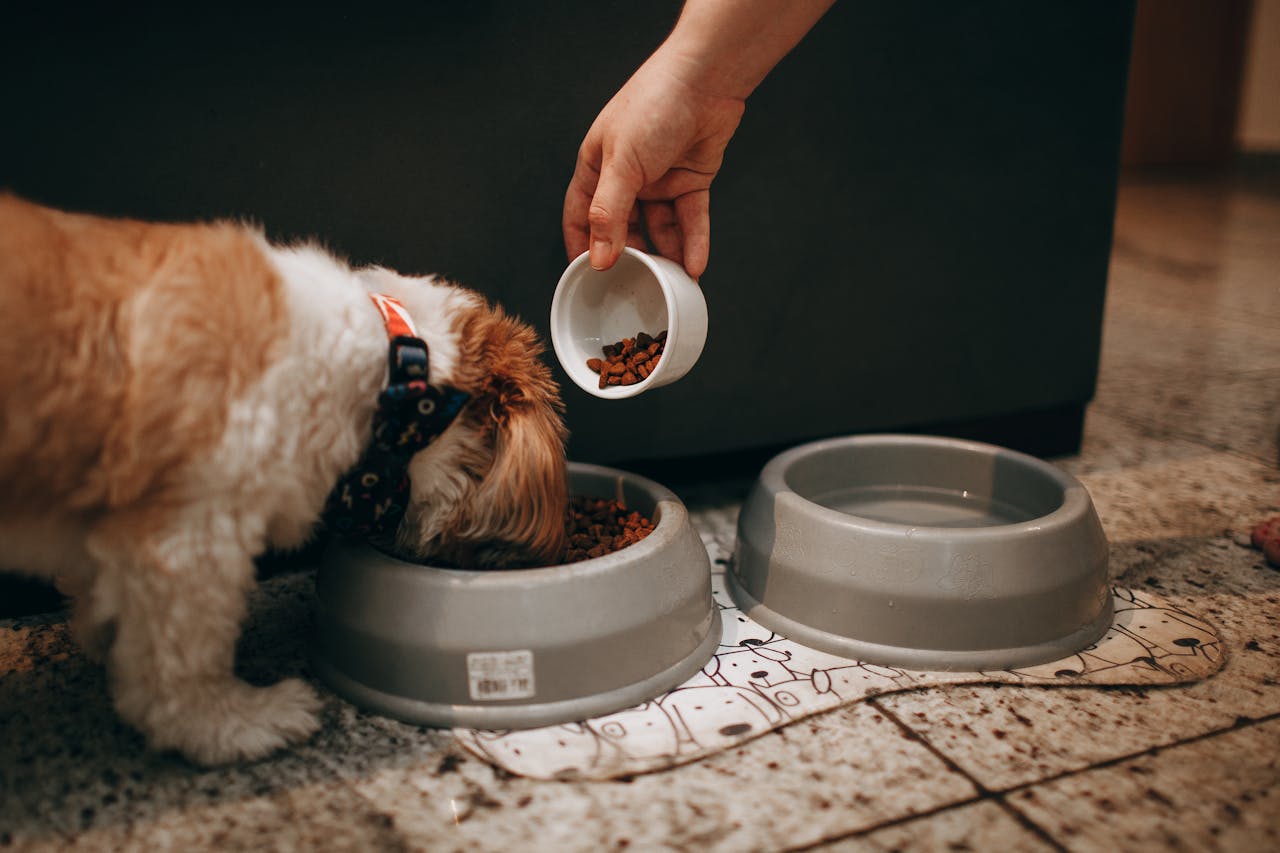
Pets rely on you for food, water, play, and comfort, even when homework or practice piles up. You learn to notice needs before problems start, like refreshing a water bowl or cleaning a crate on schedule. Responsibility becomes more than a word on a poster. It becomes a checklist you follow because a living friend depends on it. Parents still help, but daily tasks teach follow-through, planning, and owning mistakes without making excuses. Setting phone reminders helps you keep promises on time.
2. Budgeting And Surprise Expenses
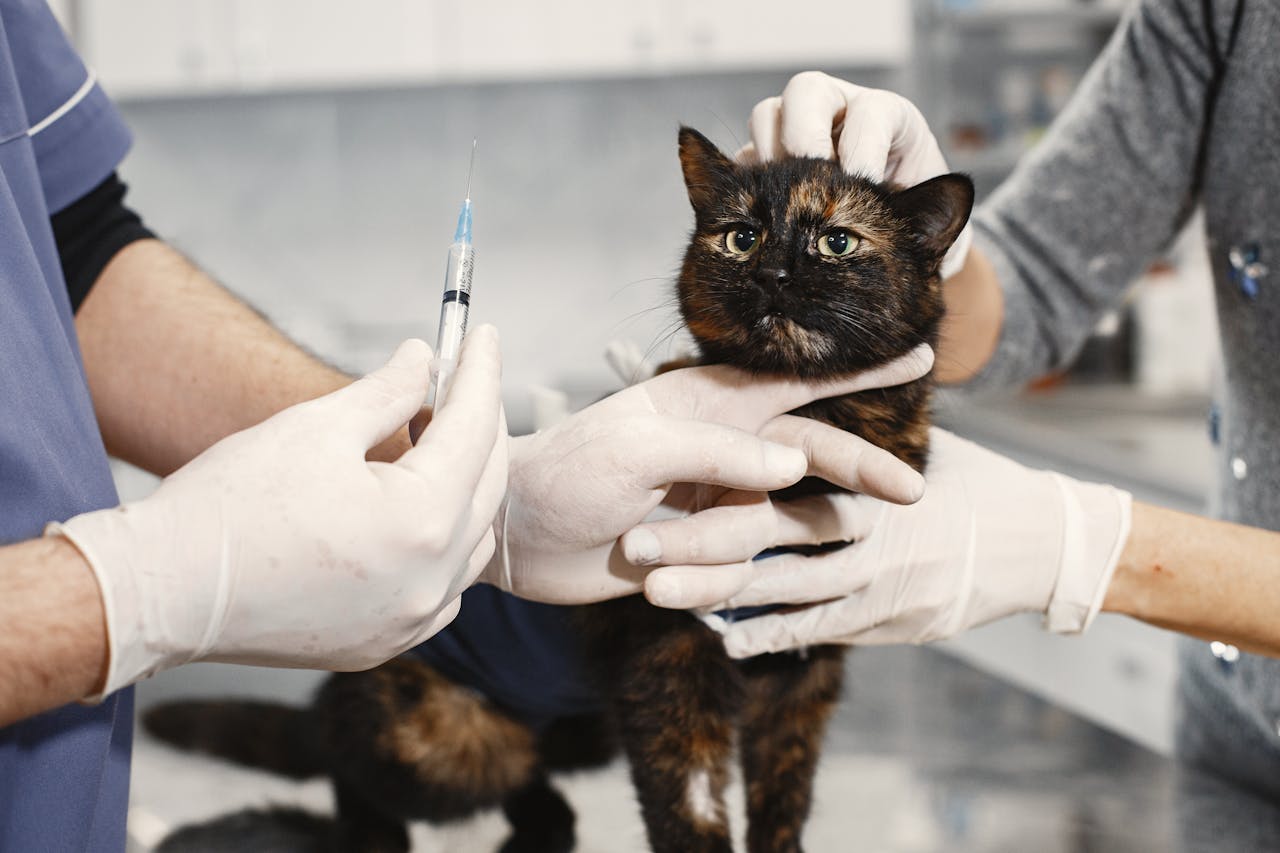
Treats and toys are fun, but real costs include quality food, flea prevention, grooming, vaccines, and an annual exam. Many families also budget for emergencies, since a sudden injury or swallowed sock can mean a big bill. Teens who track spending see how small choices add up, like buying bulk litter or using a pet savings jar. Learning to compare prices and plan for surprise costs builds money skills you will use long after high school. Some shelters share cost estimates that help families plan.
3. Routines That Actually Stick
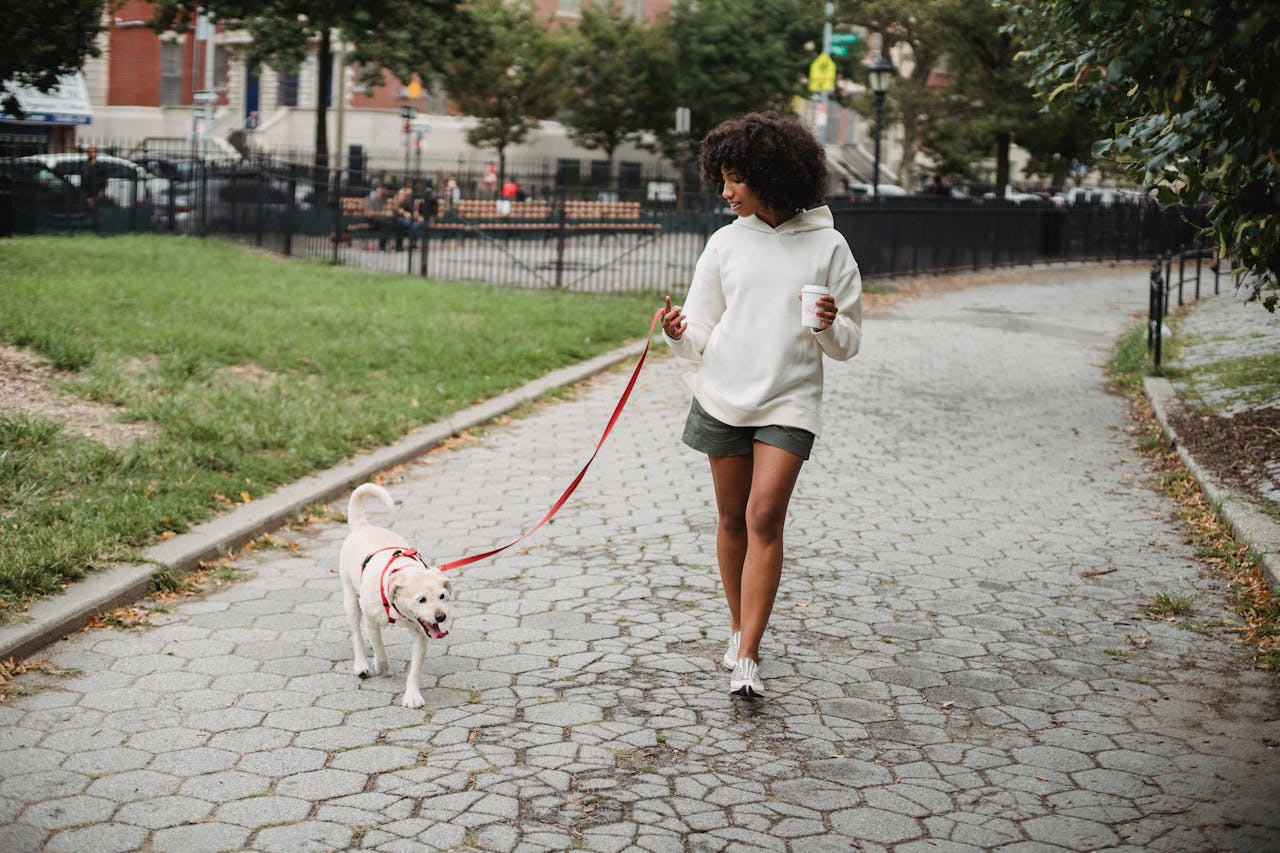
Pets thrive on consistent routines for feeding, walks, and play. Setting alarms helps you balance school, clubs, and care without rushing. You start to see how a 15-minute morning walk reduces afternoon zoomies and messes. Sticking to a schedule makes training smoother and sleep better for everyone. Over time, the routine becomes automatic, so you get more freedom, not less. That daily structure spills into homework, workouts, and keeping your own space clean.
4. Positive Training Builds Patience
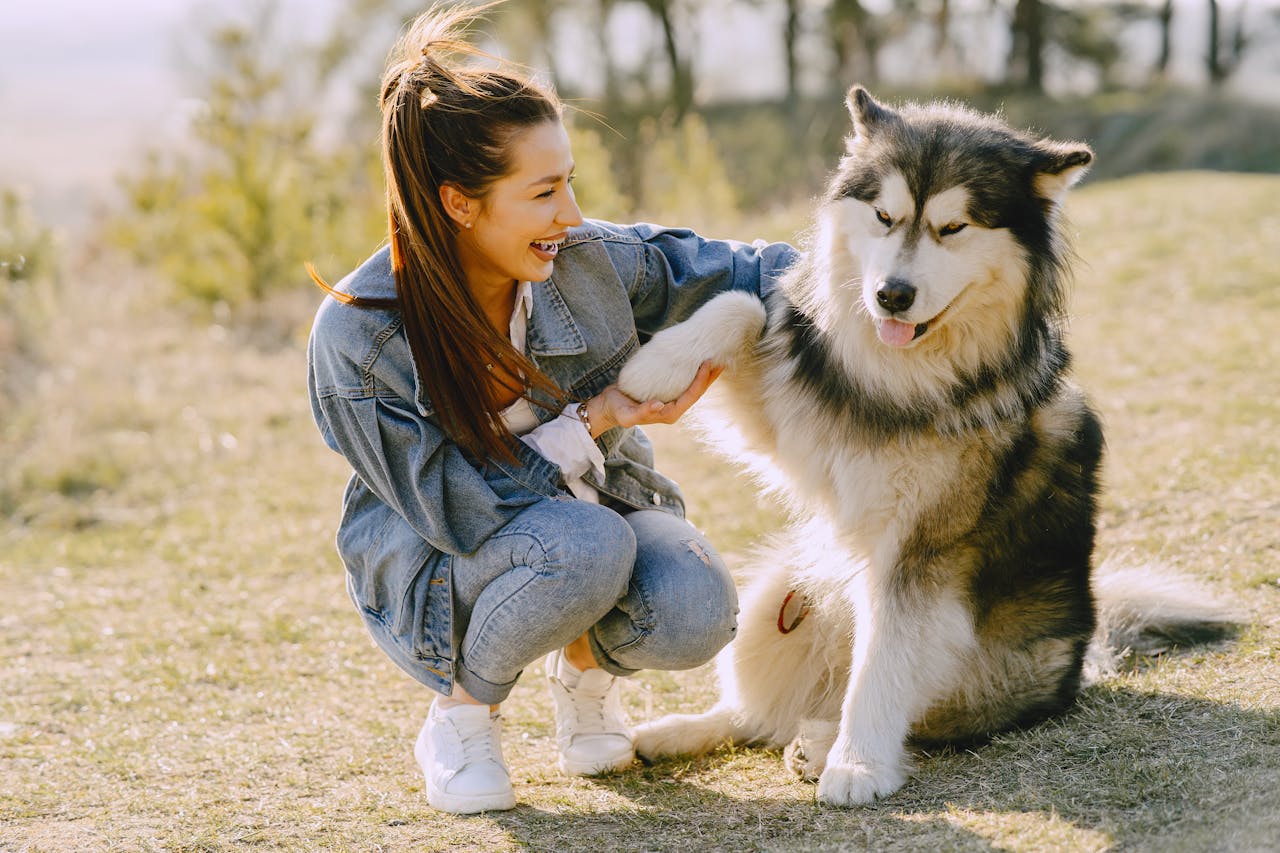
Modern trainers recommend reward-based methods because animals learn faster when calm and motivated. You practice short sessions, clear cues, and praise for tiny wins, like a sit or calm leash clip. Yanking or yelling backfires and can create fear. Patience grows as you break tasks into steps and celebrate progress. The same approach helps with people, too. You learn to explain, not explode, and to try again instead of giving up when a plan fails.
5. Reading Body Language And Signals

Pets talk without words. A tucked tail can mean worry, flattened ears can mean discomfort, and slow blinking from a cat signals trust. Learning to observe posture and movement teaches real listening skills. You also spot stress signs early, like lip licking or pacing, so you can change the environment before a bite or scratch happens. These observation habits transfer to friends and family, helping you notice when someone needs space, support, or a calmer plan.
6. Health Basics And Vet Visits

Caring well means keeping vaccines current, giving parasite prevention, trimming nails, and brushing teeth. Many counties require dog licenses and proof of rabies shots, so keeping records organized matters. Teens who prepare a go bag with leash, carrier, and medical notes handle vet trips smoothly. You learn to ask questions, compare treatment options, and follow instructions, like giving a pill with food. Health routines build confidence, and regular checkups catch small problems before they become expensive emergencies.
7. Hygiene, Safety, And House Rules

Simple habits protect people and pets. Wash hands after cleanup or play, store food safely, and keep chemicals out of reach. Most parks have leash and scoop laws, so you carry bags and respect posted signs. At home, baby gates or closed doors prevent door dashes and trash raids. Teaching visitors how to greet politely reduces nips and spills. When safety steps are automatic, you relax more, because the house runs smoothly even during busy weeks. Safe storage also protects curious toddlers and visiting friends.
8. Exercise, Enrichment, And Energy
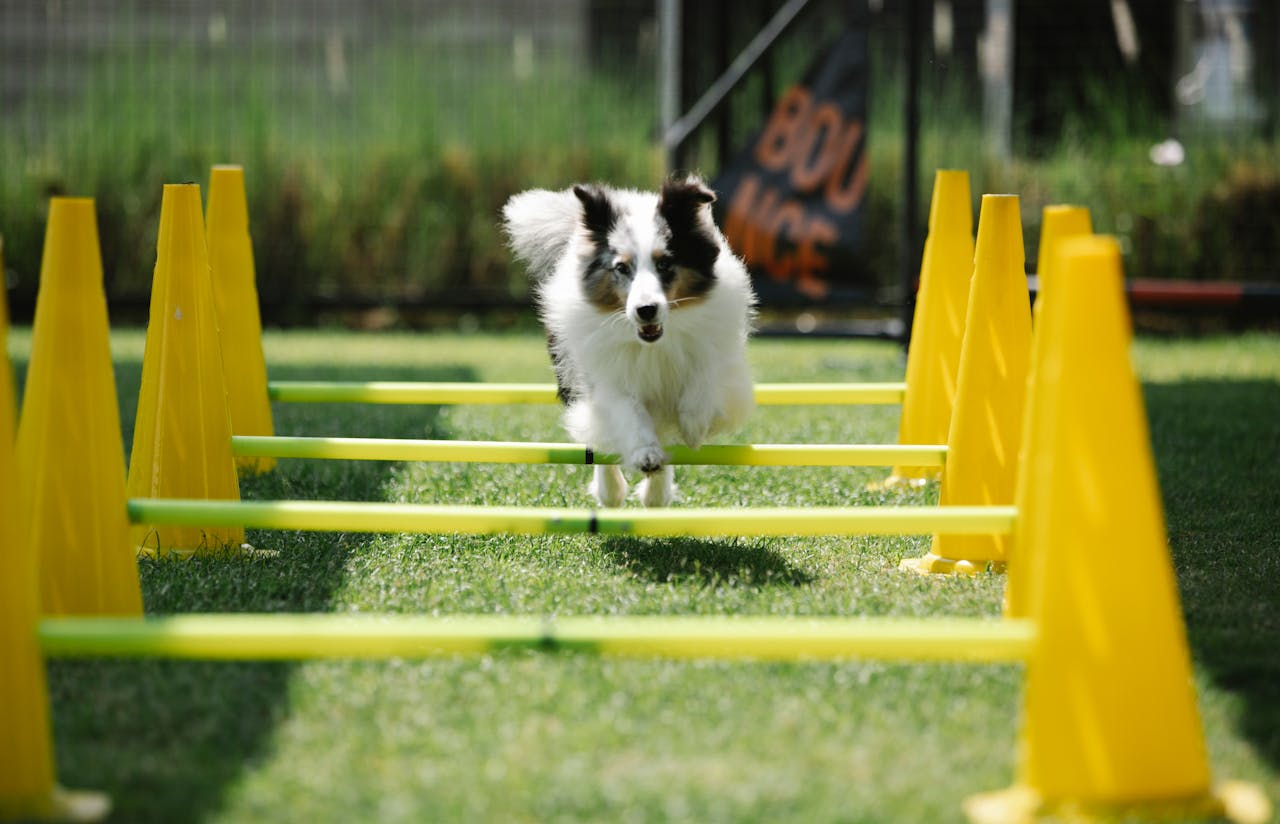
Daily activity keeps pets healthy and calm. Dogs need regular walks and play, while indoor cats benefit from chase toys, perches, and puzzle feeders. Short training games burn mental energy and reduce boredom barking or scratching. Teens who plan activities learn to match breed or species needs, since a herding dog and a senior lap cat will not enjoy the same workout. The bonus is movement for you, which supports mood, sleep, and focus for school.
9. IDs, Licenses, And Microchips

Collars with tags help neighbors return a lost pet quickly, while a microchip gives permanent backup if a collar slips. Many cities require dog licenses and proof of rabies vaccination, and some shelters include microchipping with adoption. Teens who keep files updated learn real world paperwork skills. You also practice map reading and careful search steps if a pet slips out. Solid identification turns panic into a plan, and small details make the biggest difference.
10. Empathy, Confidence, And Calm

Pets change how a house feels. Caring for a nervous rescue or a senior pet teaches patience and empathy during hard days. Quiet time with a purring cat or a sleepy dog can lower stress, slow breathing, and help you reset after school. Teaching a trick and seeing it click boosts confidence. You realize that showing up, even when tired, builds trust. Those steady, kind habits carry into friendships, jobs, and every team you will join. Caring through tough weeks builds grit you can feel.


